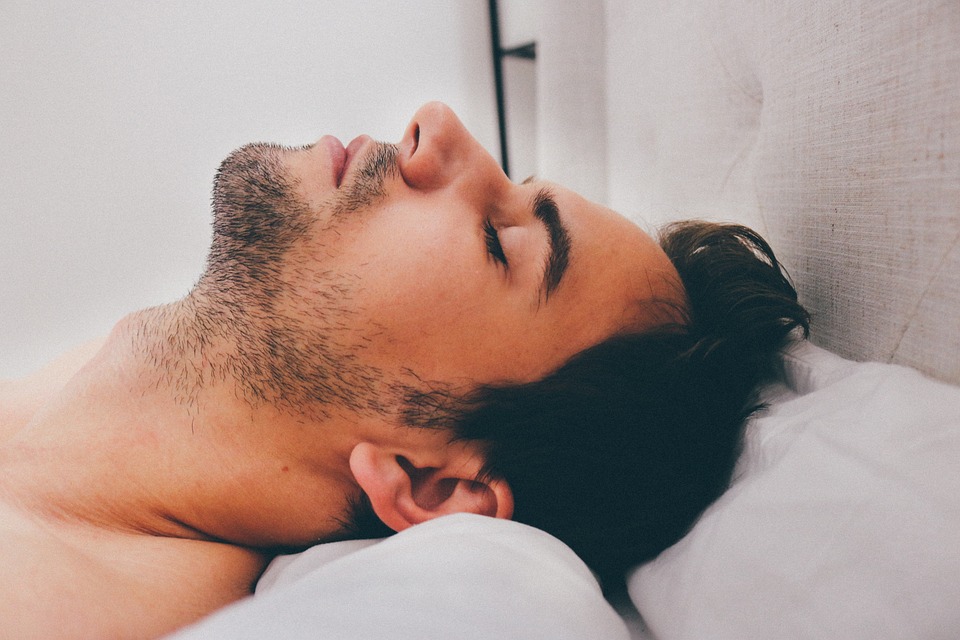For most of us working from Mondays to Fridays, the weekend is our escape. We use this time to meet our friends, to play with our kids, or to treat ourselves and relax. Although most of us who view this time as an opportunity to do other things, some of us treat it as a moment of complete rest and relaxation. We do know that more rest means a longer life but a new study has been made to attest to that. According to one study, more sleep on the weekends actually trigger a healthy and a longer life.

Why it’s healthy to have more sleep
To most of us, sleep is a rare occurrence. Especially for those who work multiple jobs, gaining more sleep on the weekends could be a gem. It is, however, an obvious thing that resting is an integral part of personal health and development.
Read: 7 Fascinating Things That Happen To Our Body When We Are Asleep
Besides the fact that more sleep makes everyone feel better, snoozing more actually helps lower blood pressure, it reduces the health risks that diabetes has, and it can lessen the dangers and risks of having anxiety and depression.
What happens to our bodies when we’re sleeping?
While we’re asleep, our cells, tissues, and blood vessels are repaired and nourished. In addition, not getting enough sleep can cause a lot of damages and risks to your physical and psychological health. Not to mention the negative effects it has to our mental states.
We should, however, not disregard the fact that sleeping too much can be as dangerous as not getting adequate sleep. Too much sleeping is defined as sleeping for more than nine (9) hours a night and that could reverse the health builders you’re aiming to have.
So why does having more sleep on the weekends make us live longer?
ProfessorTorbojorn Akerstedt, a known educator at the Stockholm University, and the director of the Stress Research Institute said that he was shocked by what researchers found when they focused on that block of time. Researchers are on the move to see what happens when people decide to have more sleep on the weekends.
Scientists and researchers observed almost 44,000 people in Sweden. They also laid out questions to them about their sleeping habits and followed up with them after thirteen years. Imagine the length of this research just to see if it’s legitimate or not.
Read: 7 Simple Hacks To Help You Fall Asleep Backed By Science
They found that people who slept about five hours or less a night, which includes their weekends, increased their mortality rate compared to those who slept for seven hours regularly. To add to that, the researchers also saw the fact that people who took time to have more sleep on the weekends and not-too-much during the workweek had the same effects. They found that the mortality rate of those people were at the same level as those who had good sleep regularly.
Director of the Sleep and Health Research Program, Michael Grander, said:
Most people who are considered “short sleepers” are probably just shy of getting seven hours. They might sleep six hours or slightly less. They are the ones who can compensate with longer rest on the weekends, because there is not as much of a deficit. Sleep is something you need to replenish regularly if you don’t want to hurt your health. It’s a fundamental part of our biology, like breathing – it’s a requirement.”
So what can we do to have more sleep?
With all honesty, there are a number of things you can do to avoid having less sleep to ensure better, and more reliable health.
Number one would be sticking to a decent and a feasible sleep schedule. If you’re the type of person who doesn’t have exact schedules for sleep, then you better decide. Having a strict sleeping schedule could involuntarily train your body to be asleep at a certain period.
Read: What Time Does Your Kid Need Go To Sleep? This Sleep Chart Will Explain It All
Another important thing is to cut down on caffeine consumption. Consuming caffeine for up to four to six hours before going to bed can disrupt and mess with your sleep. Take milk or drink two glasses of water instead of consuming caffeinated drinks.
Make sure that the environment you’ll be sleeping in is normal for you. If you can sleep in a harsh, loud environment, then try sleeping with no sounds. If you’re the type of person who can sleep even when it’s bright, try turning the lights off.
When it’s time for us to rest, we should never disregard that sleep can be of high importance especially to people who don’t get enough sleep during their days off. More sleep on the weekends could be your training ground or stepping stones in ensuring that you maintain a good and healthy lifestyle.
I mean, who doesn’t want to sleep? If we can only sleep for our entire lives, we would do so.
